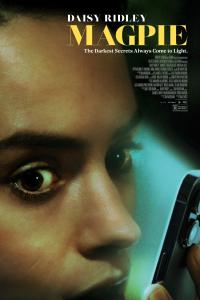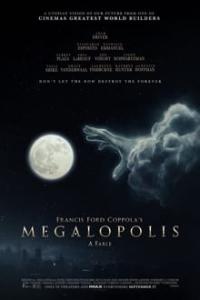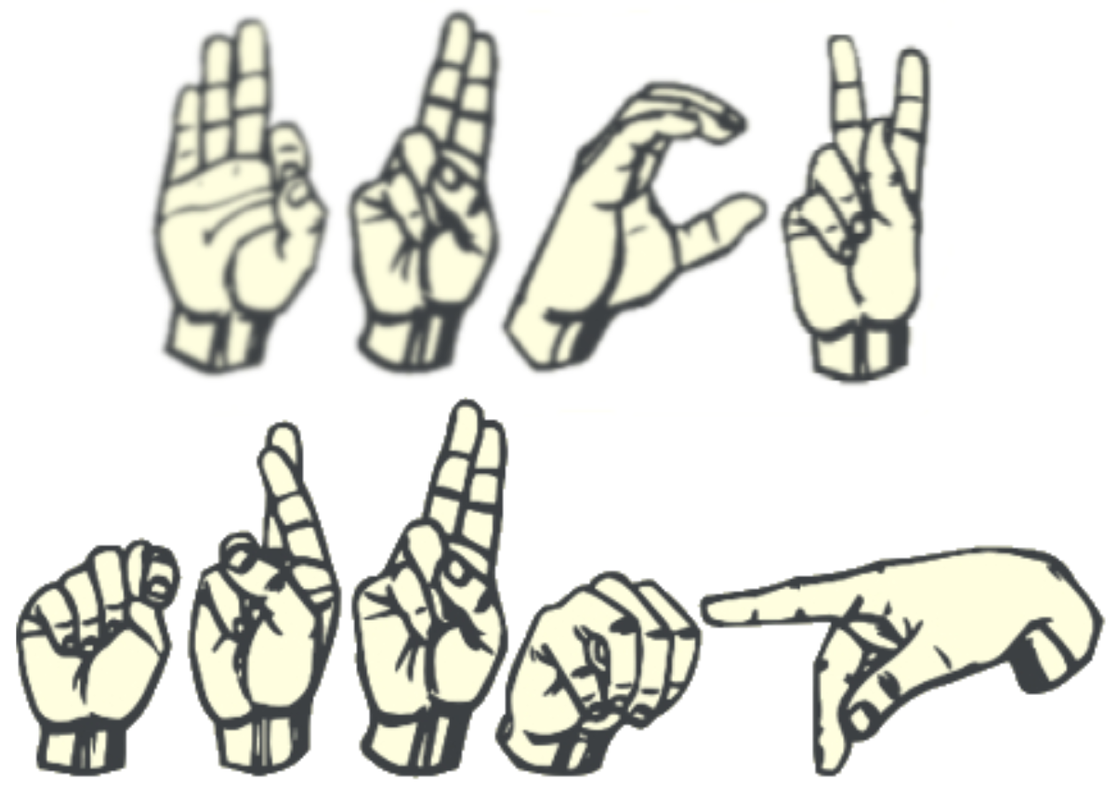Torrent details for "[ambient, dream-pop] (2023) Lucinda Chua - YIAN [FLAC] [DarkAngie]" Log in to bookmark
Controls:
Language:
 English
EnglishTotal Size:
192.34 MB
Info Hash:
f599e4e536af9ec7463ecade500f9f008fd93708
Added By:
Added:
05-04-2023 20:54
Views:
610
Health:

Seeds:
3
Leechers:
0
Completed:
115
Thanks for rating :
LiberalLesbo





 (5),
(5),
LiberalLesbo
Name
DL
Uploader
Size
S/L
Added
-
370.92 MB
310
[6/0]
21/03/24 21:11
| Uploaded by DarkAngie | Size 370.92 MB | Health [6/0] | Added 21/03/24 21:11 |
-
471.76 MB
373
[5/0]
03/07/23 03:19
| Uploaded by DarkAngie | Size 471.76 MB | Health [5/0] | Added 03/07/23 03:19 |
-
107.92 MB
347
[3/0]
11/06/23 00:12
| Uploaded by DarkAngie | Size 107.92 MB | Health [3/0] | Added 11/06/23 00:12 |
-
482.71 MB
351
[2/0]
25/01/23 18:45
| Uploaded by DarkAngie | Size 482.71 MB | Health [2/0] | Added 25/01/23 18:45 |
-
106.21 MB
198
[2/0]
20/07/23 03:41
| Uploaded by DarkAngie | Size 106.21 MB | Health [2/0] | Added 20/07/23 03:41 |
Review:
The word yian, or yàn (燕), refers to a swallow, the migratory harbinger of spring that in Chinese culture appears often in maobi paintings, children’s songs, girls’ names, and superstitions. In her largely self-produced debut full-length, YIAN, Lucinda Chua is both the swallow—the bird in flight, in search of home—and the swallowed, a body succumbing to something greater than itself. The London-based cellist and producer has spent years excavating the delicate interiorities of melancholy and longing. Her previous EPs, 2019’s Antidotes 1 and 2021’s Antidotes 2, captured tender vignettes of shifting moods and moments in time. YIAN, by comparison, expands outward, offering not just vignettes but stories, often rooted in the artist’s own experiences as a child of the Chinese diaspora. Born to a Chinese-Malaysian father and white British mother, Chua seeks both a relationship to her roots and release from its inherited traumas. It follows that much of the album is spent navigating—and redefining her relationship to—hazy, in-between spaces. Haunting these spaces is the classic diasporic question of home. On the elegiac “Autumn Leaves Don’t Come,” glassy strings played sul ponticello criss-cross like flocks of birds. Chua’s voice thickens like rope, and she casts it outward, as if in search of anchorage. Here, as throughout the album, Chua creates landscapes out of the hollow spaces within her. Each track becomes its own kind of home, or at least a safe harbor. The orchestral “Meditations on a Place” evokes both the impressionistic warmth of Ravel and the icy panoramas of Sibelius. A bass drone pulses gently; low strings swell; and the tremolo of violins shimmer like light on water. Meanwhile, “Grief Piece” drifts through the lonely expanses of its namesake. Digital distortion glitches the matrix like sorrow short-circuiting the brain. Over the course of YIAN, Chua gathers the threads that link home, history, and their relationship to the body. Lead single “Echo” is a quiet declaration of independence from ancestral trauma. In the single’s cover art, she reaches out her hand in the shape of lánhuāzhǐ (兰花指)—a primary hand gesture in traditional Chinese dance, based on the lánhuā (兰花), or orchid. Yet the way she holds it (wrist barely bent, head and neck stock straight) is a departure from tradition. In dressing her wounds, Chua finds a need both to draw such boundaries and to reach across others. On “You,” aquatic backing vocals bloom and give way to a vibrating cello line. Chua’s voice arches like a bridge, seeking connection to a relationship rendered distant by time and past circumstances: “I want you to know/ That all of your kindness/ Is all of my kindness./ I hope that you find this.” The suggestion of a shared psychic space is also echoed on “Do You Know, You Know?” As a train-like whistle blows through a veil of synth reverb, the artist intones, “Help me […] I don’t want to hurt you/ It’s hurting me too.” The dissolving of personal borders hints at the possibility of new growth, even if a clear resolution is out of reach. In a sense, by sublimating the self—by unlearning and unbecoming—Chua is able to return to herself. On album standout “An Ocean,” she finds freedom not in earthbound love, but in the tides that carry her away from its shores towards a home of her own. The sea between the two, once a source of hurt, churns instead into a site of power. A muted Rhodes figure bobs along an undulating piano line as violin strings like wings scythe through staticky rain; her voice emerges, a lighthouse: “The waves swallow me whole,” she intones. “Tides carry me home.” By allowing herself to experience loss and be lost, she invites the possibility of renewal, of spring. “I Promise” is also born of loss. Chua’s breathy vocals catch like cotton on splintered driftwood: “I, I, I promise under—,” she repeats, as if searching for the vow that will heal her. Over soft dissonance and unresolved chords, she articulates a desire not for an object of love but for love as an object, untethered to any human form. Of course, this produces a tension, as the idea of an objectless love is not unlike that of a placeless home. The creation of both necessitates imagination. Yet it is precisely ephemeral and imaginary spaces, rather than any physical roost, that best hold the poet. And if imagination is a pathway to embodiment, then surrendering to the skies can also be a way back to one’s body, one’s original home. On album closer “Something Other Than Years,” Chua duets with the ethereal-voiced Yeule—two voices at once uprooted by and rooted in diaspora. Warm harmonies like thermals buoy the sparrow higher and higher, until in a crystalline blaze, she disappears once again into the fog whence she came. — pitchfork

Track List:
01 - Golden
02 - Meditations on a Place
03 - I Promise
04 - 'You'
05 - An Ocean
06 - Autumn Leaves Don't Come
07 - Echo
08 - Do You Know, You Know
09 - Grief Piece
10 - Something Other Than Years
Media Report:
Genre: ambient, dream-pop
Country: London, UK
Format: FLAC
Format/Info: Free Lossless Audio Codec
Bit rate mode: Variable
Channel(s): 2 channels
Sampling rate: 44.1 KHz
Bit depth: 16 bits
Compression mode: Lossless
Writing library: libFLAC 1.2.1 (UTC 2007-09-17)
Note: If you like the music, support the artist

















































